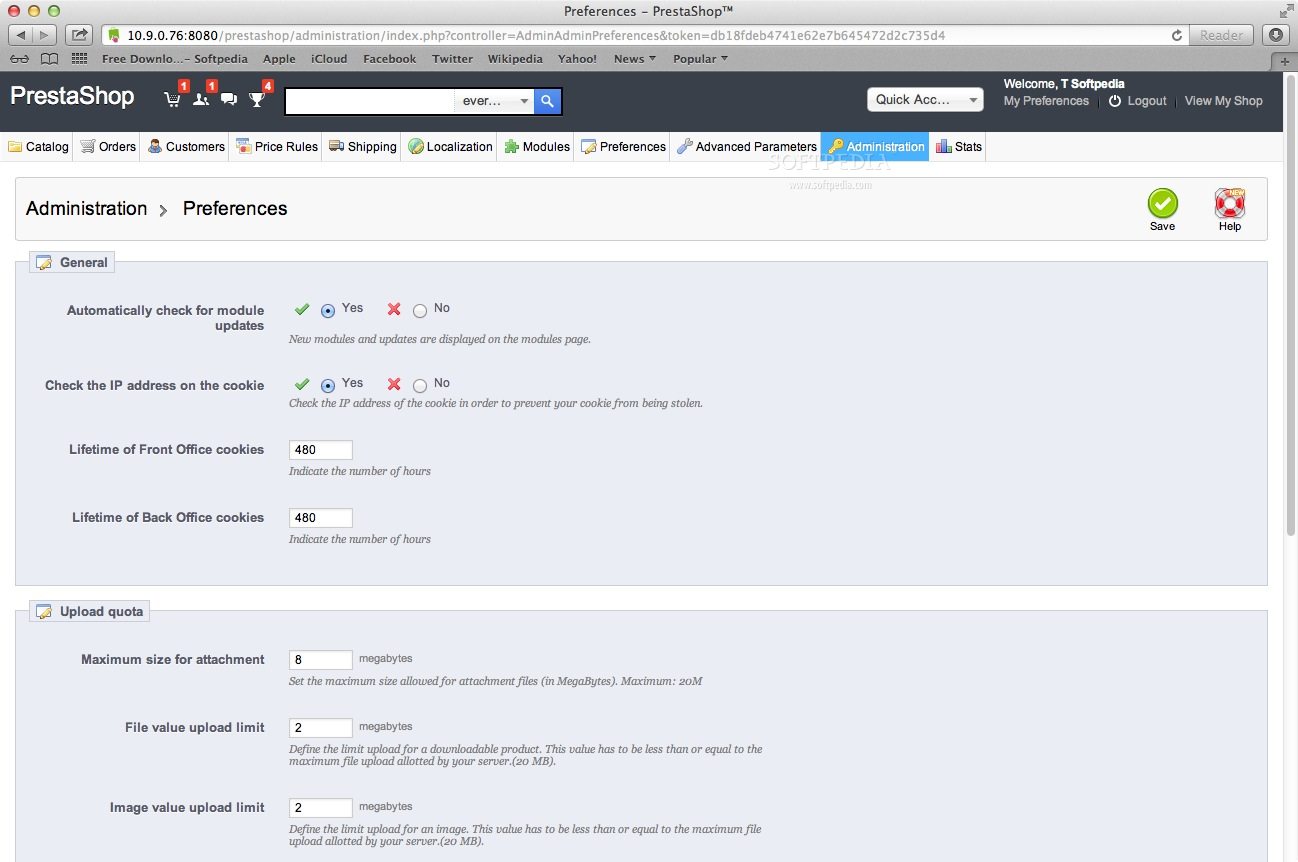
That said, MEAN is a technology stack getting popular these days and trusted by lots of developers worldwide to build websites and applications. And the demand for web app development is increasing as well as the usage of technology stacks. Hundreds and thousands of new sites and apps are developed and used every day. This toolset is also known as a technology stack that consists of platforms, programming languages, frameworks and libraries, and more.
#Bitnami mean stack passenger software
IMPORTANT: This server block will run the Rails application in production mode with RAILS_ENV=production.The software development process requires a set of technologies and tools to build, test, and deploy applications and websites. If the predefined server blocks are not available to you, or if you prefer to apply a custom configuration, follow the steps below:Ĭreate and edit the /opt/bitnami/nginx/conf/server_blocks/nf file to add the following lines: Restart NGINX: $ sudo /opt/bitnami/ctlscript.sh restart nginx IMPORTANT: These sample server blocks will run the Rails application in production mode with RAILS_ENV=production. $ sudo cp /opt/bitnami/nginx/conf/server_blocks/ /opt/bitnami/nginx/conf/server_blocks/nf disabled suffix: $ sudo cp /opt/bitnami/nginx/conf/server_blocks/ /opt/bitnami/nginx/conf/server_blocks/nf To enable them, follow the steps below:Ĭopy the files to remove the. The Bitnami installation comes with predefined HTTP and HTTPS server blocks for running Rails applications with Phusion Passenger. Use NGINX with Passenger Enable predefined server blocks for a Rails application Restart the Apache server: $ sudo /opt/bitnami/ctlscript.sh restart apache SSLCertificateKeyFile "/opt/bitnami/apache/conf/bitnami/certs/server.key" SSLCertificateFile "/opt/bitnami/apache/conf/bitnami/certs/server.crt" IMPORTANT: This virtual host will run the Rails application in production mode with RAILS_ENV=production. NOTE: Replace the APPNAME placeholder with the actual name of your project.Ĭreate and edit the /opt/bitnami/apache/conf/vhosts/nf file and add the following lines: Edit the production section in the config/database.yml file inside your Rails project directory as shown below: production:ĭocumentRoot "/opt/bitnami/projects/APPNAME/public" This requires a few changes to your Rails project:Ĭonfigure the database credentials for production use.

Approach A: Bitnami installations using system packages Enable web server support in the the Rails applicationīy default, the web server is configured to run the Rails application in production mode.

There are different ways to deploy a Rails application depending on your installation type. Refer to the FAQ for more information on these changes.

The output of the command indicates which approach (A or B) is used by the installation, and will allow you to identify the paths, configuration and commands to use in this guide. To identify your Bitnami installation type and what approach to follow, run the command below: $ test ! -f "/opt/bitnami/common/bin/openssl" & echo "Approach A: Using system packages." || echo "Approach B: Self-contained installation." On account of these changes, the file paths stated in this guide may change depending on whether your Bitnami stack uses native Linux system packages (Approach A), or if it is a self-contained installation (Approach B). NOTE: We are in the process of modifying the file structure and configuration for many Bitnami stacks.


 0 kommentar(er)
0 kommentar(er)
